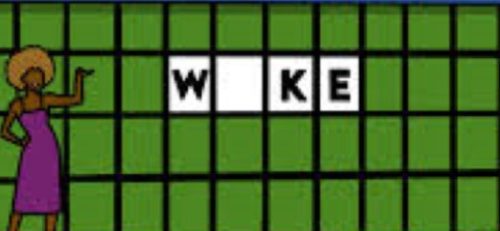This is a guest post by s.o.muffin
The discussion – the serious argument, the bad language and the froth – accompanying Seven Jewish Children refuses to go away. And yet, among all the many arguments bandied by the many protagonists, defenders of the play never used the most obvious argument in its favour. This mystery of the argument that didn’t bark tells us legion about them and about the play itself.
This absent argument goes more-or-less like this. SJC is a play, a work of art and imagination. It is not a historical treatise or an anthropological investigation. And, as a play, it rests upon a poetic licence, upon the freedom, indeed the imperative of the artist to imagine herself in somebody else’s skin and somebody else’s life, to allow free rein to imagination, to tell a story which is overtly subjective and personal. After all, nobody claims that only members Danish aristocracy are allowed to write plays about a Danish princeling with personality issues and only extraterrestrials can write a prequel to Star Trek.
So, why is this argument absent? Because the whole point about SJC, to its defenders and condemners alike, is that this not a work of art in any accepted sense. It is a piece of explicit propaganda, attempting to advance specific political and ideological outlook. Thus, its defenders see it as a faithful depiction of something real and true. Thus, it is only fair to adopt their own point of view: the issue is neither artistic merit nor poetic licence. The play stands or falls on this one point: how faithfully does it depict the societal and historical processes that it endeavours to present?
Caryl Churchill takes us on a voyage attempting to explain how total victims became total abusers, how those sheltering their babies from murderers become baby killers. (Note that it is really immaterial whether she is right or wrong on this baby killer business.) The first problem is that her explanation is total, complete bunkum. Even if you take at face value all her accusations – and you need to be extremely ignorant of the reality of this conflict and extremely blinkered to do so – the chain of causality that forms the spine of this play exists only in her head.
The overwhelming characteristic of the Israeli–Palestinian conflict is not how special it is but how ordinary! Two ethnic groups in a prolonged deadly embrace, fighting over the same piece of land. The sort of conflict that occurs right on the doorstep, not in a far-way land, and which touches everybody’s life. And of course it generates opposing narratives, disregard for the “other”, alienation, fear, hatred… And as it goes on, it lowers the moral threshold, allows the protagonists to say words and do deeds that in gentler times would have filled them with horror and shame. It is the same old story, whether in Sri Lanka, the Great Lakes region of Africa, the Balkans, Northern Ireland… If you really want to do something about it, if you really want the actors to take more responsibility for the morality of their actions, you must at the first instance, honestly, understand the fears and hatreds that drive them: the demons that exist in their, not your head. And you have to understand that you are not dealing – neither among Israelis nor Palestinians, Bosnians, Serbs, Tamils, Sinhalese, whatsoever – with a society that has taken collective leave of its senses and abandoned its moral compass. People, ordinary people, still try to deal with difficult situation, often with the best humane intentions. Many of them educate their kids to understand and emphatise, not to hate. Perhaps it is not enough to educate, perhaps your message is flawed, perhaps you are swimming against overwhelming tide – but the way to criticise people in this situation, to put a mirror to them, to make them question themselves, is not by displaying in a distorted mirror an image that they don’t recognise. And this applies not just to Israelis but to all protagonists in all conflicts of this kind.
It would have been easy for Caryl Churchill to find out what are the real demons and fears driving Israelis, what are the real words they tell their children. Reading a bunch of books coming from Israel, watching a couple of movies, spending a couple of days on (English) websites like Haaretz or Ynet, would have done the trick: it isn’t really that difficult. Whether the picture would have been more or less pretty is beside the point: what is important is that the picture would have been more recognisable as an image of reality.
Instead, Churchill has written a playlet in which her words, put into the mouths of others, have little to do with reality. Had she claimed poetic licence, fair enough. But she doesn’t.
Yet, it becomes worse. Racism, every racism, has its tropes. Some of these tropes are so entangled into cultural narrative that people might use them innocently without realising the sheer toxicity of their words. The trope of Jews as “the Chosen People”, an early Christian concept, has been used close to two millennia to justify hatred of Jews. Jews don’t regard themselves as “Chosen People” – incidentally, both Christians and Muslims regard themselves as such. To put this trope in the mouth of a Jewish mother in a play is either wicked or grossly ignorant. As is the sick fascination with Jews as alleged devourers of the blood of Gentile babies. I am not suggesting for a moment that Caryl Churchill is an anti-Semite: I am not about to fall into the same trap and decide that I know what is in her head and what drives her. But I do suggest that a more sensitive individual, with less of a tin ear and more plain, old-fashioned humility would have been much more careful and avoided classical anti-Semitic tropes, even unknowingly. There are circumstances when ignorance is not a viable defence.


